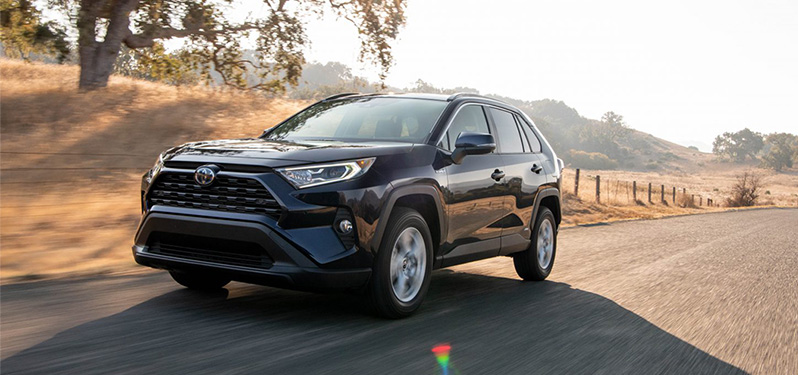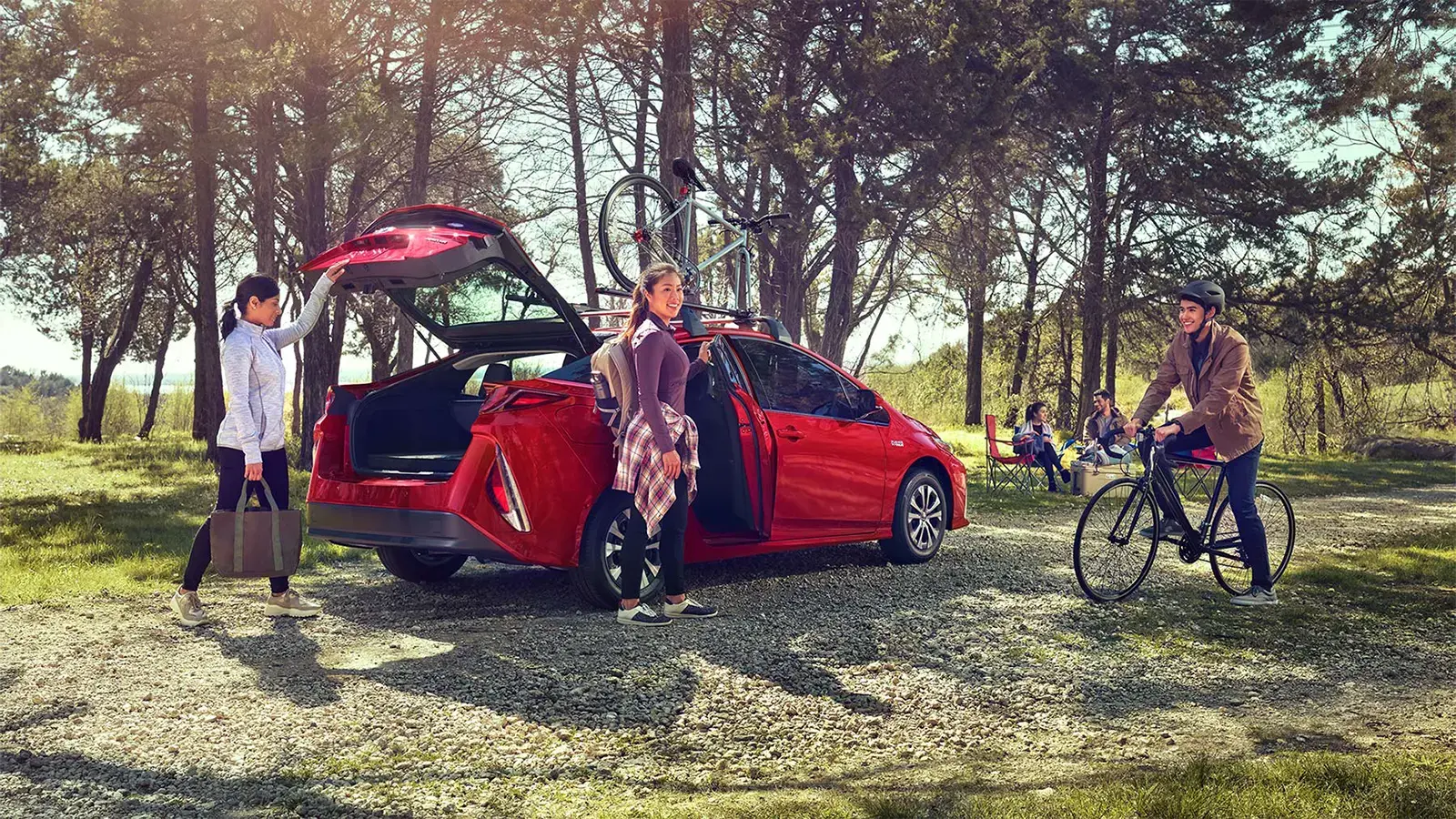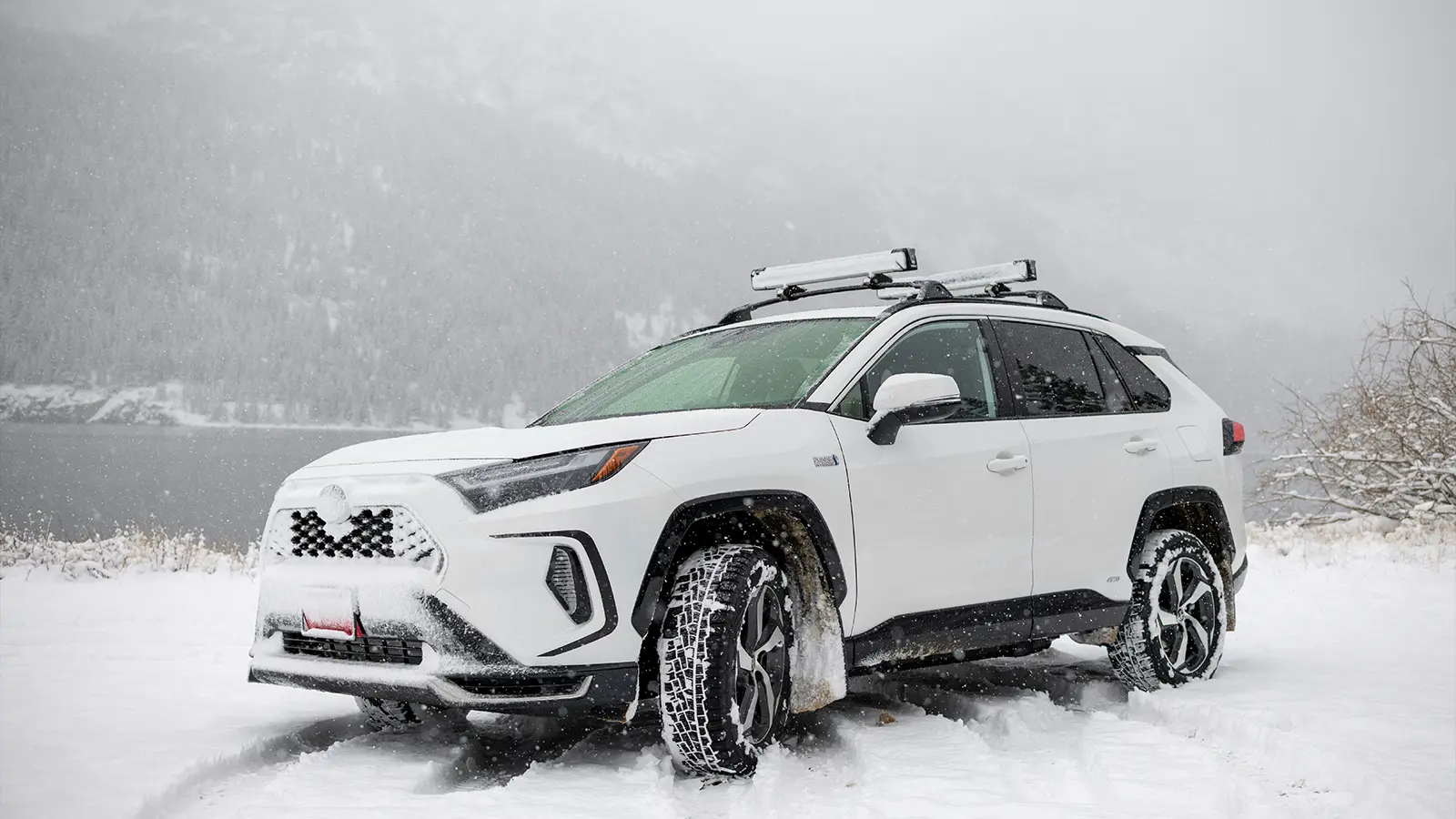Fuel Savings, Lower Emissions, Convenience
Hybrid cars offer a unique blend of fuel savings, lower emissions, and everyday convenience. For many drivers, they serve as the ideal middle ground between traditional gasoline vehicles and fully electric car models. If you're hoping to reduce your environmental impact without overhauling your lifestyle, a hybrid might be the right fit.
Save Fuel Without Plugging In
One of the biggest benefits of driving a hybrid is improved fuel efficiency. By combining a gasoline engine with an electric motor, hybrids use less fuel, especially in city driving where the electric motor can do more of the work. This leads to lower fuel costs and fewer trips to the gas station.
Hybrids also recharge themselves through regenerative braking and the internal combustion engine. You never need to plug in, which makes them a great option for drivers without home charging access or for those who want a simple transition from a gas vehicle.
Lower Emissions, Cleaner Driving
Because the gasoline engine operates less frequently and under less strain, hybrids produce fewer tailpipe emissions than conventional vehicles. In stop-and-go traffic, the electric motor often powers the vehicle on its own, resulting in clean and quiet performance during those moments.
For drivers looking to reduce their carbon footprint without relying entirely on electric power, a hybrid offers measurable environmental benefits.
Easy to Drive and Maintain
Hybrid cars drive just like conventional gasoline vehicles. There’s no need to learn new behaviors or manage charging routines. You can fill up at any gas station and continue driving without interruption.
The transition from a gas-powered car to a hybrid is simple. Everything from shifting gears to braking feels familiar, with the added bonus of smoother performance and quieter acceleration thanks to the electric motor's support.

Great for City and Highway Travel
Hybrids excel in city environments where the electric motor can take over at low speeds and during braking. However, they also perform well on highways. The gasoline engine handles higher speeds efficiently, making hybrids ideal for both urban commuting and long-distance travel.
You get the best of both worlds, excellent city mileage and solid highway range, without needing to compromise.
Cost Savings Over Time
Although some hybrids have a higher purchase price compared to similar gas models, the long-term savings can outweigh the upfront costs. You’ll likely spend less on fuel and see reduced brake wear over time due to regenerative braking.
Many hybrids also qualify for local or state-level incentives, which can help offset initial expenses. And because they don’t require charging infrastructure, you avoid the added cost of installing home charging equipment.
Versatile and Convenient
Hybrid vehicles are a great fit for:
- Drivers who want better fuel economy without relying on charging
- Households without access to a private charger or garage
- Daily commuters who spend time in traffic
- Families seeking a practical, eco-conscious choice
With hybrid models available in a wide range of sizes and styles, from compact cars to full-size SUVs, you can find one that meets your needs.
What About Long-Term Costs?
While hybrid cars can cost slightly more up front, they often come with long-term financial benefits. Fuel savings, reduced brake wear from regenerative braking, and fewer fill-ups add up quickly, especially for commuters or city drivers. Many hybrids also hold their value well thanks to strong reliability ratings and brand trust.
Want to dig into the numbers? Explore [What It’s Like to Own a Hybrid] to see how cost of ownership compares to conventional cars and what expenses you can expect over time.
Ready to Keep Learning?
Find out which hybrids are most popular today:
← Go Back: What Is a Hybrid Car?
Discover Next: Popular Hybrid Vehicles Today →












